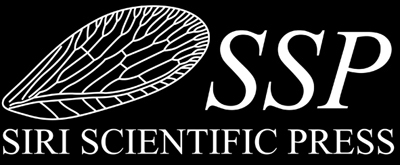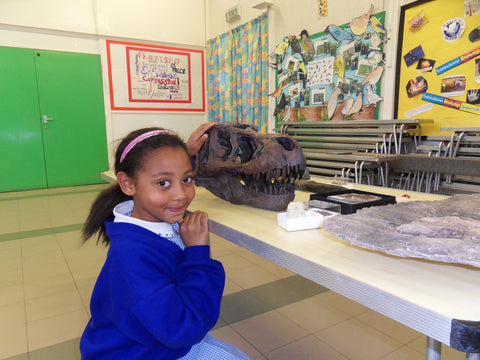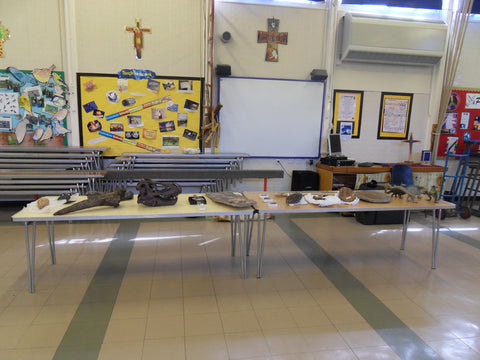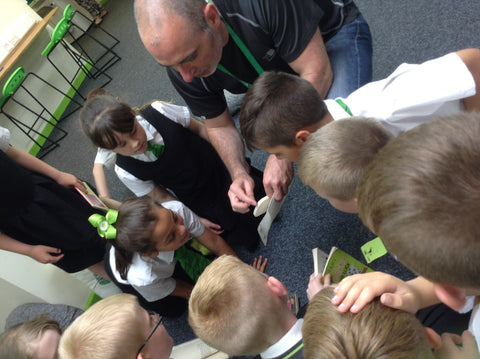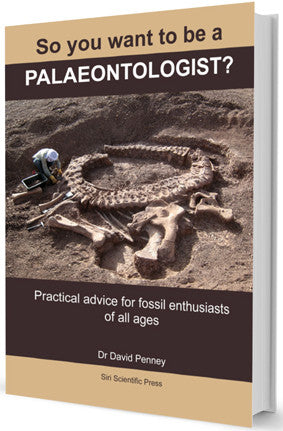Palaeontology and Entomology Outreach
Posted by David Penney on
Recently we have visited two different schools as part of our outreach work. The first was St. Edwards, Rochdale, where we presented a range of different fossils and explained how they were formed and what they can tell us.
We took lots of really cool stuff and the kids really enjoyed it, particularly as their own teaching collection consisted of just six very small specimens of common species.
The second visit was to Linden Road Academy as part of National Insect Week. We answered questions from the children that had arisen over the course of their week-long entomological forays. Of course we also spoke to them about fossil insects and how much they can tell us about the evolutionary history of life on Earth. Again, the kids were captivated by the fossil insects that lived alongside the dinosaurs!
There can be little doubt that most kids are fascinated by the natural world and especially with dinosaurs and other fossils. Unfortunately, many lose this interest over time or are told that there is no future in it. On this we need to disagree and one of our recent titles aims to promote the diversity of palaeontology careers available and how best to go about getting a job working with fossils. Click the front cover of the book to go to the product page where you can find out much more about this unique title.
Reviews
(Everything Dinosaur blog): This is a must have for anyone seriously contemplating working in palaeontology. It also makes a great gift for anyone who is considering aspiring to be amongst the next generation of palaeontologists, or indeed for the enthusiastic fossil collector who would like to become more involved with this fascinating area of science. This publication provides an insider’s view on the exciting and diverse career opportunities available to students who want to develop their interest in palaeontology into a full-time occupation. It really is required reading for any teacher or educationalist wishing to assist aspiring palaeontologists.
(Dean R. Lomax – Palaeontologist (Honorary Visiting Scientist at the University of Manchester) and Presenter of ITV’s Dinosaur Britain): ‘I want to be a palaeontologist’. A sentence that palaeontologists hear all too often, which is great but giving the best (and most appropriate) advice to that child/student/adult can be difficult. The science has evolved so much that it encompasses many sub-disciplines and areas which most individuals stating that sentence would never consider to be palaeontology. Palaeontology, at least to most people, is simply dinosaurs yet they form a tiny fraction of what the science truly is – the entire history of prehistoric life. Growing up, I had little in the way of guidance (but had moral support) for a career in palaeontology but was certain I would be a palaeontologist regardless of what I had to do. But, for many, the interest in a career in this science often fizzles out because it seems to be a career that has no straight arrow or guidance. This is where ‘So you want to be a palaeontologist?’ excels. If you are an aspiring palaeontologist, fossil enthusiast or would simply like to understand what palaeontology is and who studies it, then you need this book. It is a must.
Share this post
0 comment
